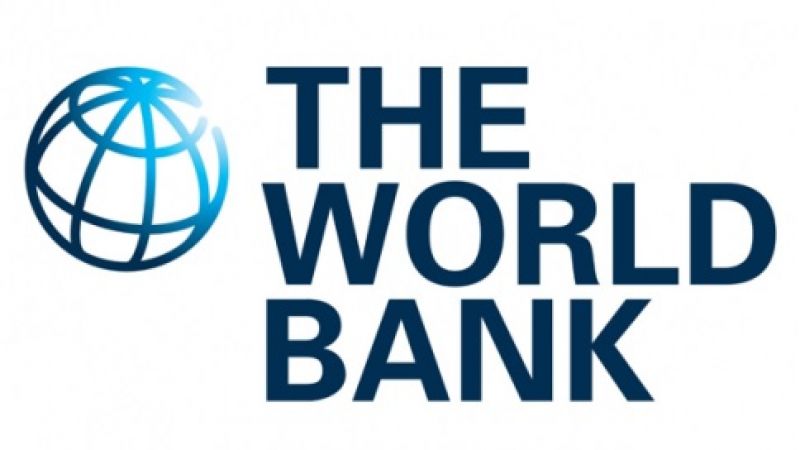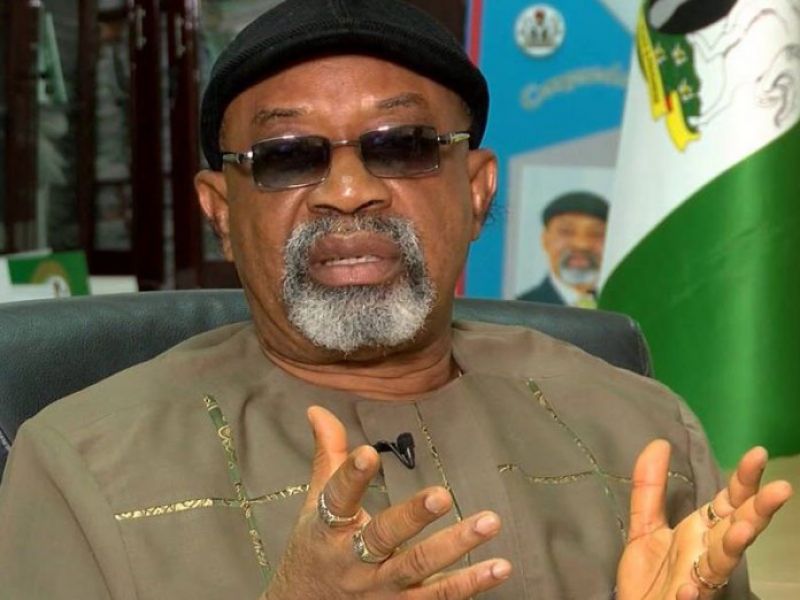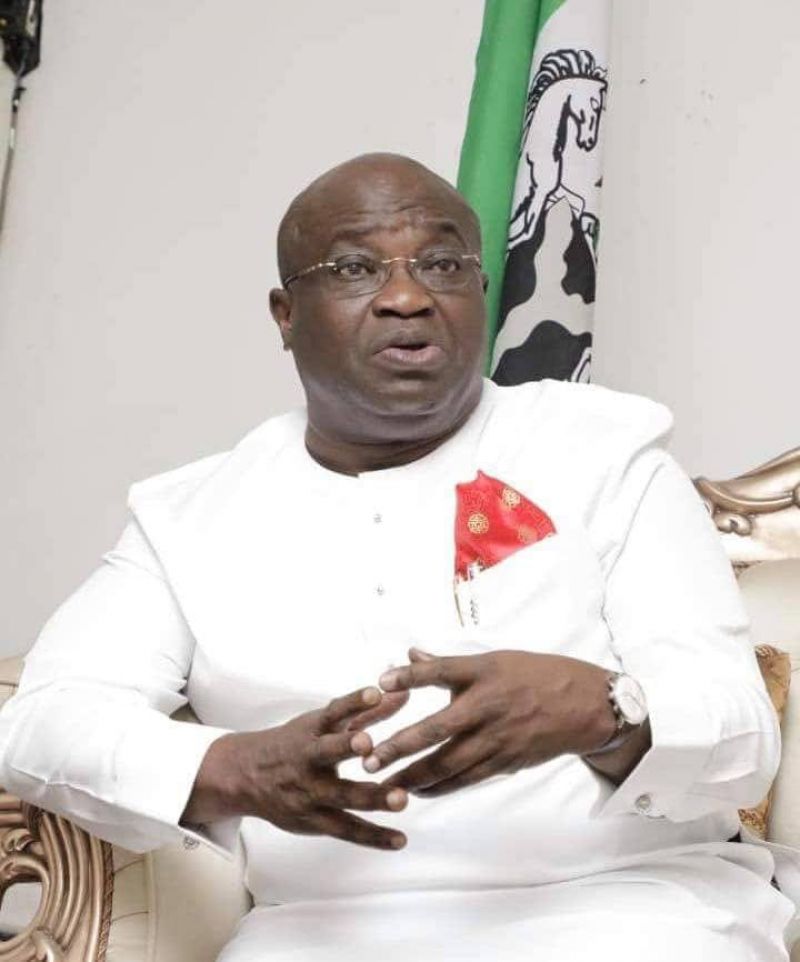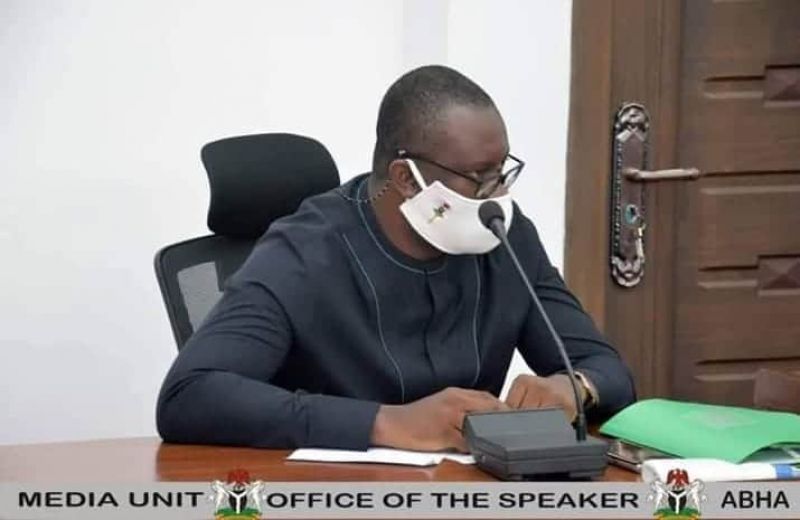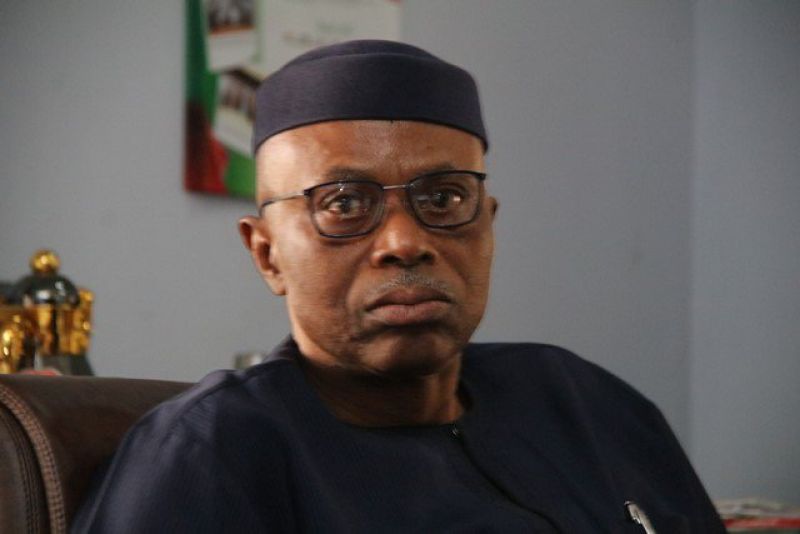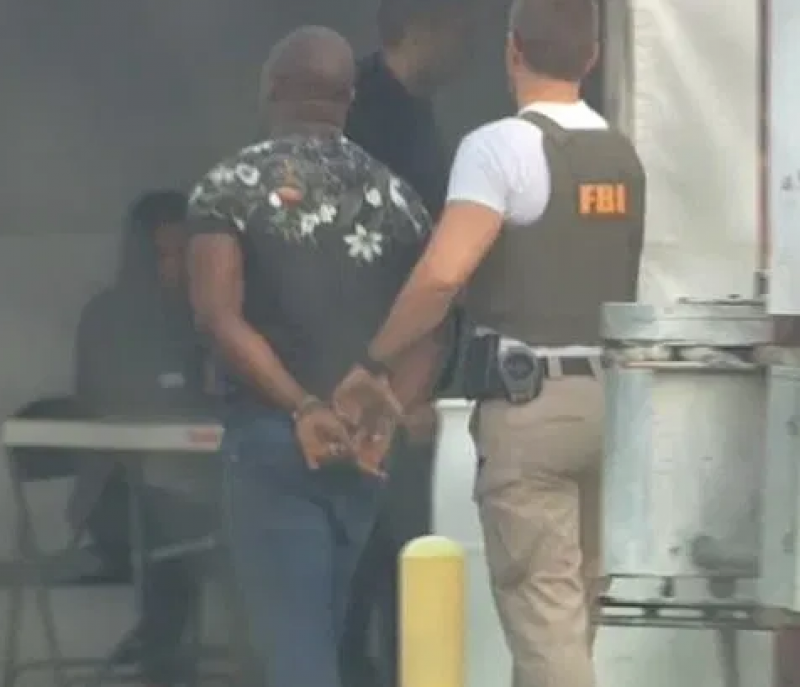1st case of contracting Ebola outside Africa
Posted by admin | 10 years ago | 2,724 times
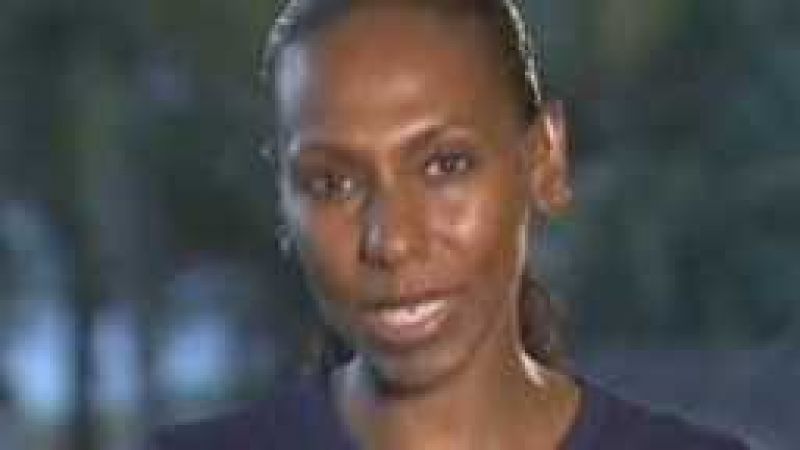
U.S. photojournalist contracts Ebola
(CNN) - A nurse's assistant in Spain is the first person known to have contracted Ebola outside of Africa in the current outbreak.
Spanish Health Minister Ana Mato announced Monday that a test confirmed the assistant has the virus.
The woman had helped treat a Spanish missionary and a Spanish priest, both of whom had contracted Ebola in West Africa.
Both died after returning to Spain.
Health officials said she developed symptoms on September 30. She was hospitalized Sunday.
An investigation is under way to find everyone she may have had contact with while contagious. So far, there are no other known cases.
She was one of about 30 health professionals in Spain who helped to treat the Ebola patients.
The news came amid growing fears in the United States that the disease could spread.
Texas Gov.: Quarantines at borders
To avoid an outbreak, the federal government should start enhanced screening and quarantines at borders, Texas Gov. Rick Perry said Monday.
"There's only so much that a state can do," said Perry, whose state is the first to have a patient diagnosed with the disease inside the United States.
"We appreciate and we applaud the assistance we've received from the Centers for Disease Control and other federal agencies we've worked with," he said. But, he added, "Washington needs to take immediate steps to minimize the dangers of Ebola and other infectious diseases."
Customs and Border Protection "should immediately be directed to conduct enhanced screening procedures, obtaining more information about people who are coming from affected areas," and taking "appropriate steps," which could be "something as simple as taking their temperature," Perry said at a news conference.
The procedures "will also necessitate fully staffed, prepared quarantine stations wherever people are entering the country, ready to care for anyone whose screening turns up a concern, helping to prevent contagions from entering this country," he said.
Perry also announced signing an executive order creating the Texas Task Force on Infectious Disease Preparedness and Response.
The group is charged with studying and improving the state's plans for dealing with outbreaks such as Ebola and helping Texas to quickly halt the spread of diseases. It will also share expertise with other states when needed.
Patient's dad: I told him not to cover the outbreak
As he spoke, another state was treating its second patient of the Ebola outbreak. The first was Dr. Rick Sacra, who was treated and no longer has Ebola.
Freelance cameraman Ashoka Mukpo, who contracted the virus while covering the epidemic in West Africa, arrived for treatment in isolation at Nebraska Medical Center on Monday.
His father, Mitchell Levy, said he had tried to dissuade his son from going to cover the outbreak. "I told him he was crazy," Levy said.
Mukpo was strong enough to walk off the plane, said Dr. Brad Britigan with the hospital. Doctors are evaluating his condition.
Mukpo's situation is similar to that of others who have been brought back to the United States for treatment. But in Texas, it's a different story. Thomas Eric Duncan flew into the United States from Liberia, the country hit hardest by the epidemic. He was coming for a visit. And when he felt sick and first went to a Dallas hospital, he was sent home.
He now lies in an isolation unit in critical condition.
U.S. troops set to deploy to West Africa: Will they be safe?
'All options on the table' for screening at U.S. entry points
To prevent more situations like Duncan's, federal officials are already considering tougher screening measures,
"All options are on the table for further strengthening the screening process here in the U.S.," a federal official said. They include thermometer checks for fever, something West African authorities are already doing.
But finding the right passengers to screen is not so simple.
Direct flights from Ebola-affected areas are rare. Travelers typically take flights that connect through other countries. "Then they come here, so that makes it more of a challenge," the official said.
And even if Duncan had undergone a temperature screening, it would have turned up negative. Many people with Ebola have no symptoms at first.
Who's in charge of stopping Ebola in the U.S.?
So while the Centers for Disease Control and Prevention is considering enhanced screenings at major U.S. airports, according to a CDC official, there are no concrete plans.
Officials want to make sure that new screenings would be worth potentially disrupting air travel and that they wouldn't unintentionally increase the risk of spreading the disease.
"The question that's being considered now and readdressed is that, should there be entry screening of some sort?" said Dr. Anthony Fauci, of the National Institutes of Allergy and Infectious Diseases. "If you do implement it, what would it look like and what would be the resources that are necessary to implement it?"
Opinion: Protecting against Ebola trumps personal liberty
CDC Director Dr. Tom Frieden has said authorities are taking suggestions from Congress, the public and the media. He was expected to brief President Obama on Monday.
Beyond screenings, Frieden is confident the United States can prevent an Ebola outbreak by following prevention and containment procedures.
In Duncan's case, family members who had close contact with him will be monitored constantly for at least 21 days. That's roughly the maximum amount of time it takes for the disease to break out.
And they are not allowed to leave their living quarters during that time. If any of them gets a fever, he or she will be isolated, Frieden said.
"That's how you stop it in its tracks. That's why we're confident we won't see a large number of cases from this."
Can you catch Ebola on a plane?
But when Duncan first fell ill, containment didn't happen soon enough.
Officials are now monitoring 50 people, 40 of whom they consider low risk.
In Liberia and other West African countries, the outbreak has killed more than 3,400 people. Battling the disease will be a "long, hard fight," Frieden said.
"The virus is spreading so fast that it's hard to keep up."
Source: cnn
Readers Comments
comment(s)
No comments yet. Be the first to post comment.
